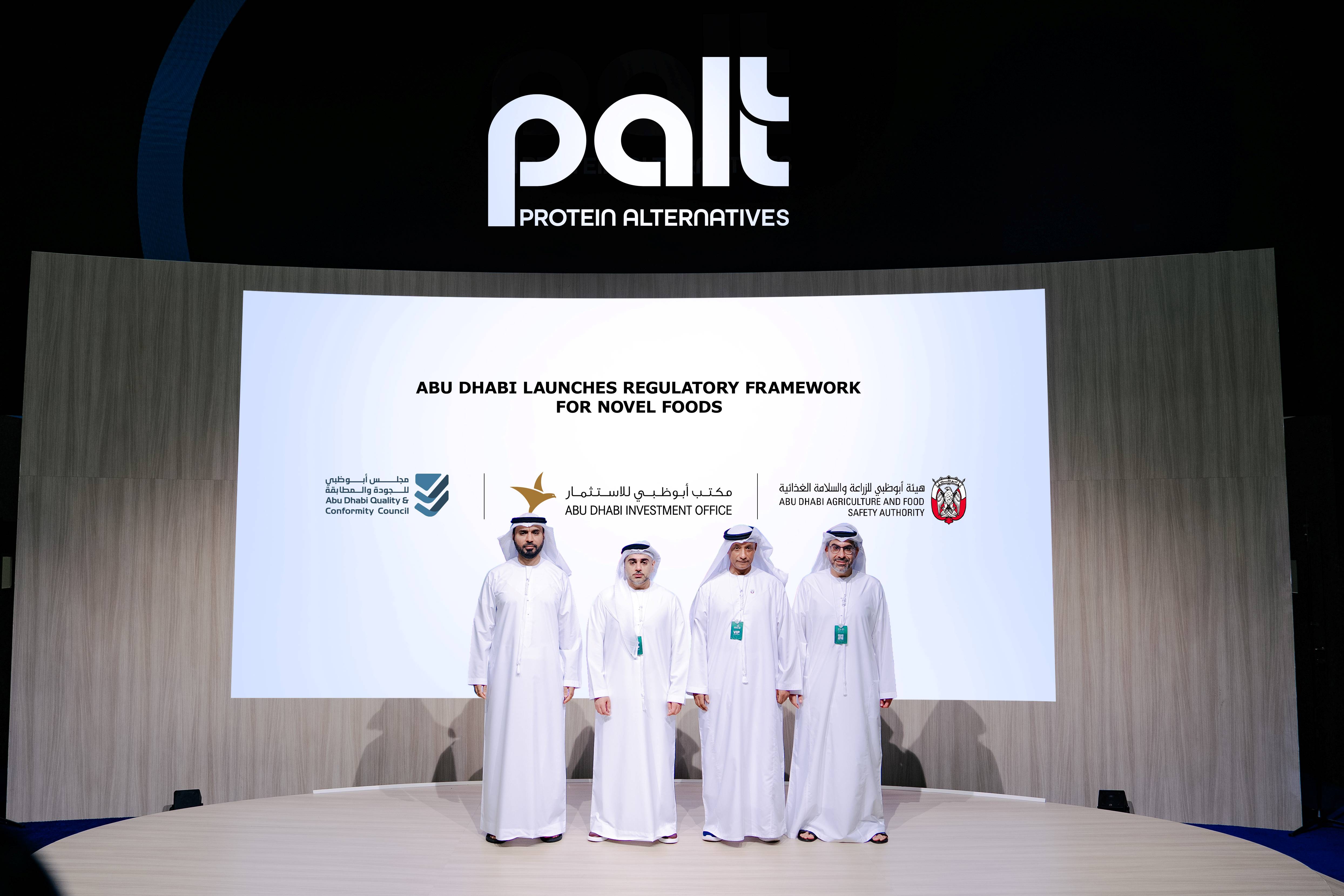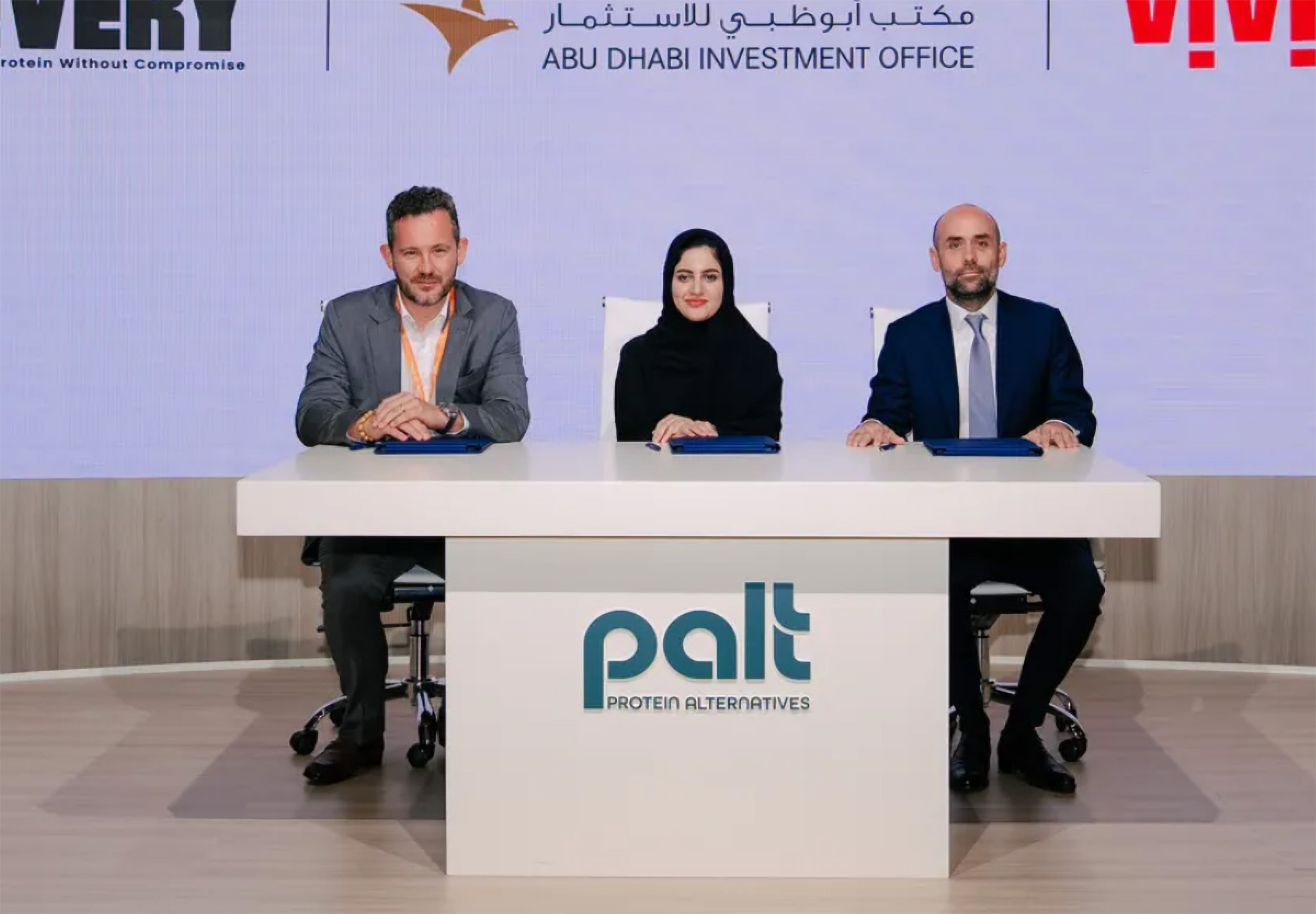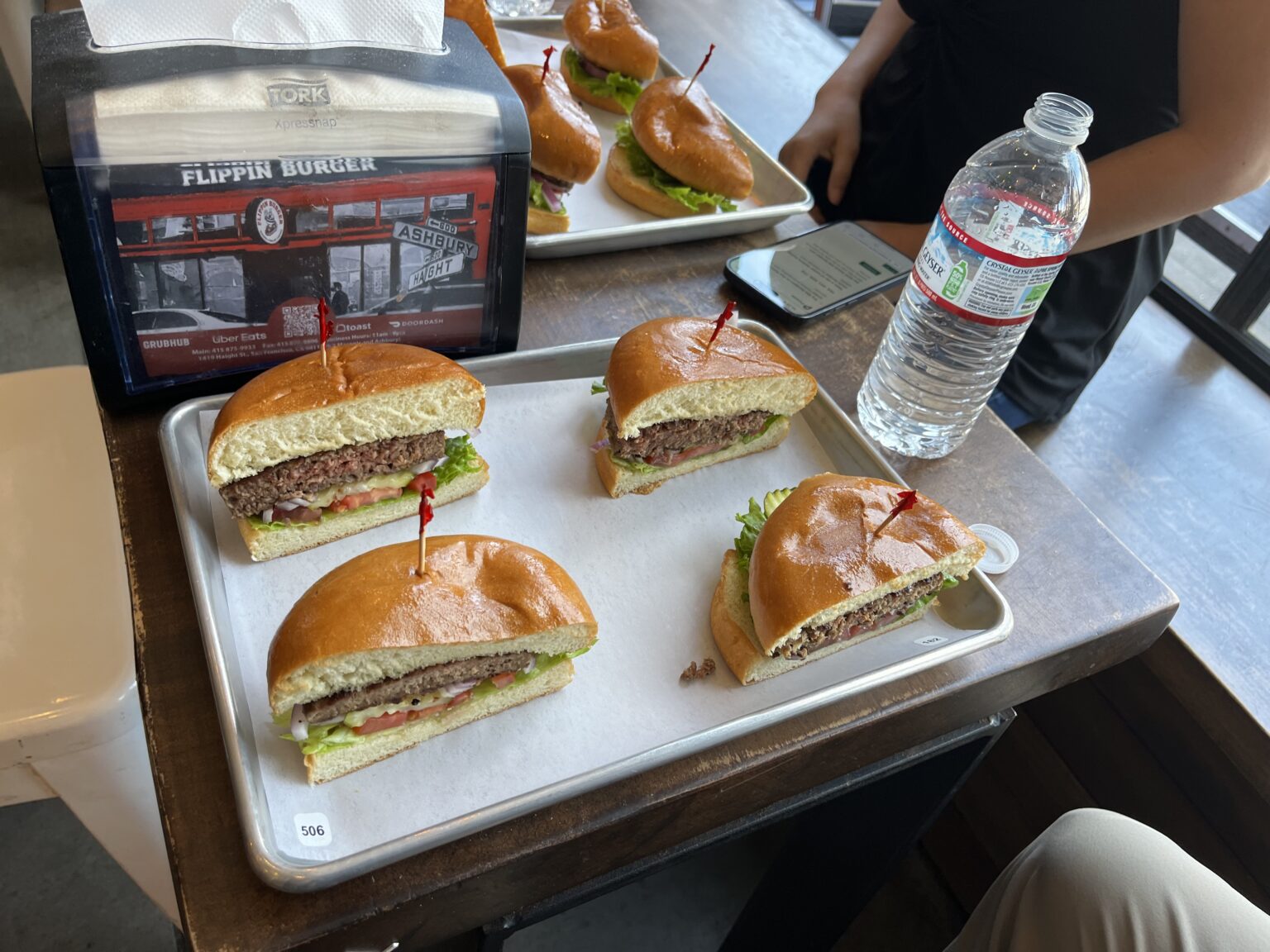

Milk from carbon dioxide and electricity
Finland's Solar Foods has joined forces with academia and contract partners in a €5.5 million European Innovation Council (EIC) project called 'HYDROCOW'. The project will develop a novel biological tool to produce sustainable milk protein from CO2 and electricity.
EIC is part of Horizon Europe, an EU research and innovation funding program focused on identifying, developing, and scaling up breakthrough technologies. The HYDROCOW project funding comes from the EIC Pathfinder instrument which targets the exploration of exceptionally bold ideas for radically new technologies and early-stage research.
In spirit of the Pathfinder call, HYDROCOW aims to create a scientific breakthrough. Solar Foods' goal is to engineer a microbe that converts carbon dioxide (CO2) and hydrogen, produced from water using electricity, into beta-lactoglobulin, a major constituent of milk. In other words, HYDROCOW aims to produce milk with CO2 and electricity, removing the cow from the process.
As far Solar Foods is aware, milk protein production with this type of microbe has never been done before. It expects the hydrogen technology platform to be orders of magnitude more efficient and environmentally friendly compared to traditional animal-based dairy farming which in turn has inherent environmental problems.
Hydrogen-oxidizing microbes are known for their unique ability to extract energy from hydrogen and carbon from CO2 gas, not for their protein production capabilities. Engineering microbes to secrete nutritional proteins in general has been a keen point of interest over the last years. However, most solutions rely on heterotrophic microbes that feed on sugar or other high-energy carbon sources derived from agriculture.
The HYDROCOW project takes things one step further by building a carbon neutral system that works independently from agriculture and photosynthesis. Instead of starting from heterotrophic microbes that use feedstocks from agriculture, we are modifying a hydrogen-oxidizing microbe to secrete milk proteins. This removes agriculture from the equation.
If you have any questions or would like to get in touch with us, please email info@futureofproteinproduction.com






